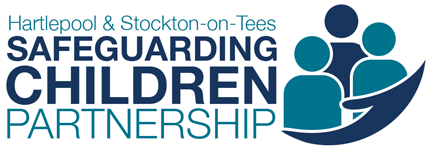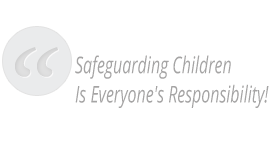



Female genital mutilation (FGM) is the partial or total removal of external female genitalia for non-medical reasons. It's also known as female circumcision, cutting or sunna.
Religious, social or cultural reasons are sometimes given for FGM. However, FGM is child abuse. It's dangerous and a criminal offence.
There are no medical reasons to carry out FGM. It doesn't enhance fertility and it doesn't make childbirth safer. It is used to control female sexuality and can cause severe and long-lasting damage to physical and emotional health.
FGM is child abuse and against the law. It causes serious physical and emotional harm. Professionals who are worried a child is at risk can call the FGM helpline on 0800 028 3550.
Families who practice FGM don't think of it as abuse. Professionals need to give families advice and information that is sensitive to their culture and beliefs, but they need to make clear that FGM is illegal.
If a local authority has reason to believe a child is likely to suffer FGM it can apply for a court order to prevent the child being taken abroad for mutilation. This should be to prevent the child from undergoing FGM rather than removing her from her family.
From October 2015, the FGM Act 2003 (as amended by section 74 of the Serious Crime Act 2015) introduced a mandatory reporting duty for all regulated health and social care professionals and teachers in England and Wales. Professionals must make a report to the police, if, in the course of their duties:
or
If a child has already undergone FGM she should be offered medical help and counselling. Professionals should also take action to protect any other children in the family and to investigate possible risk to others in the community (London Safeguarding Children Board, 2009).
For further information please go to: